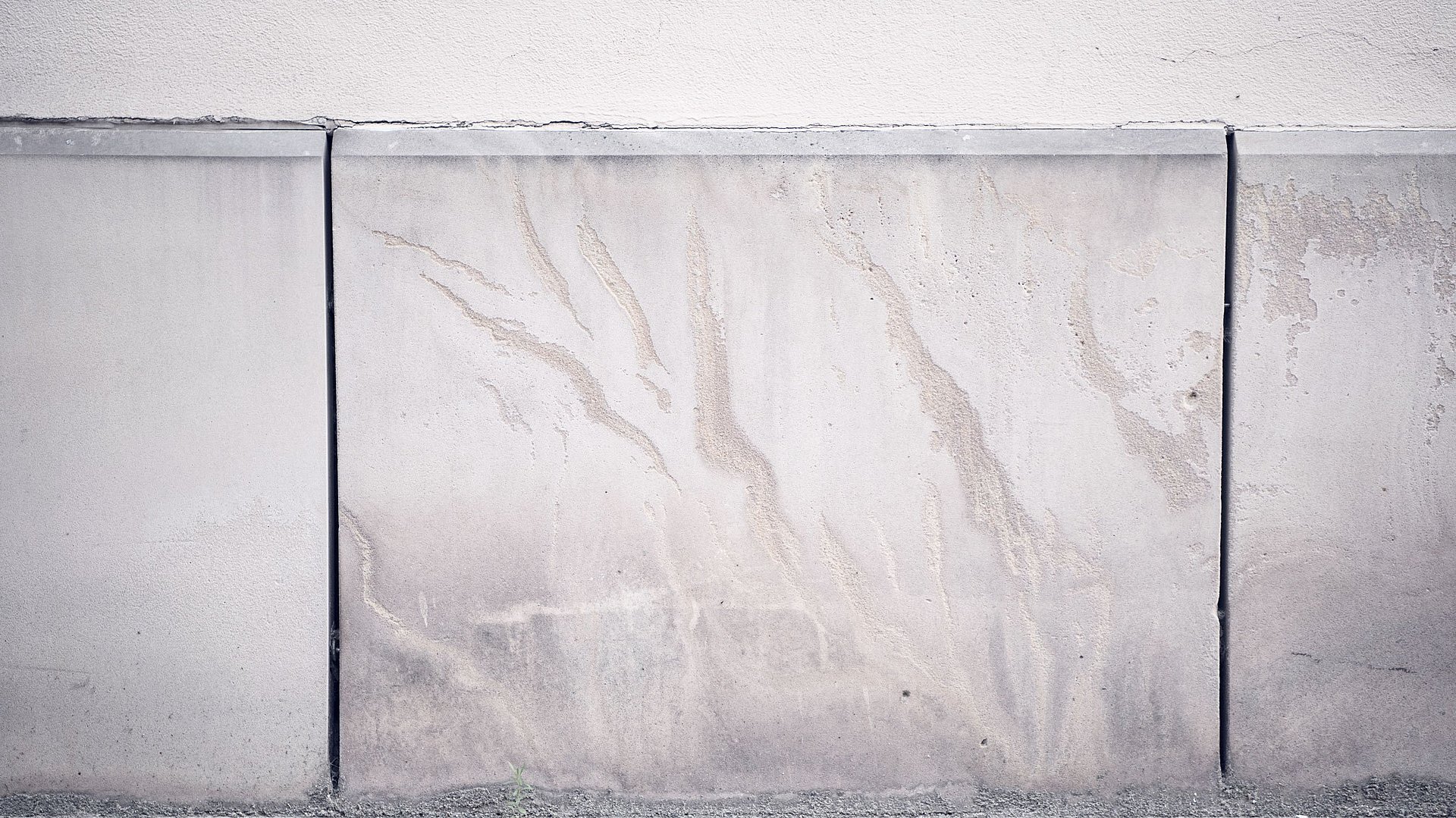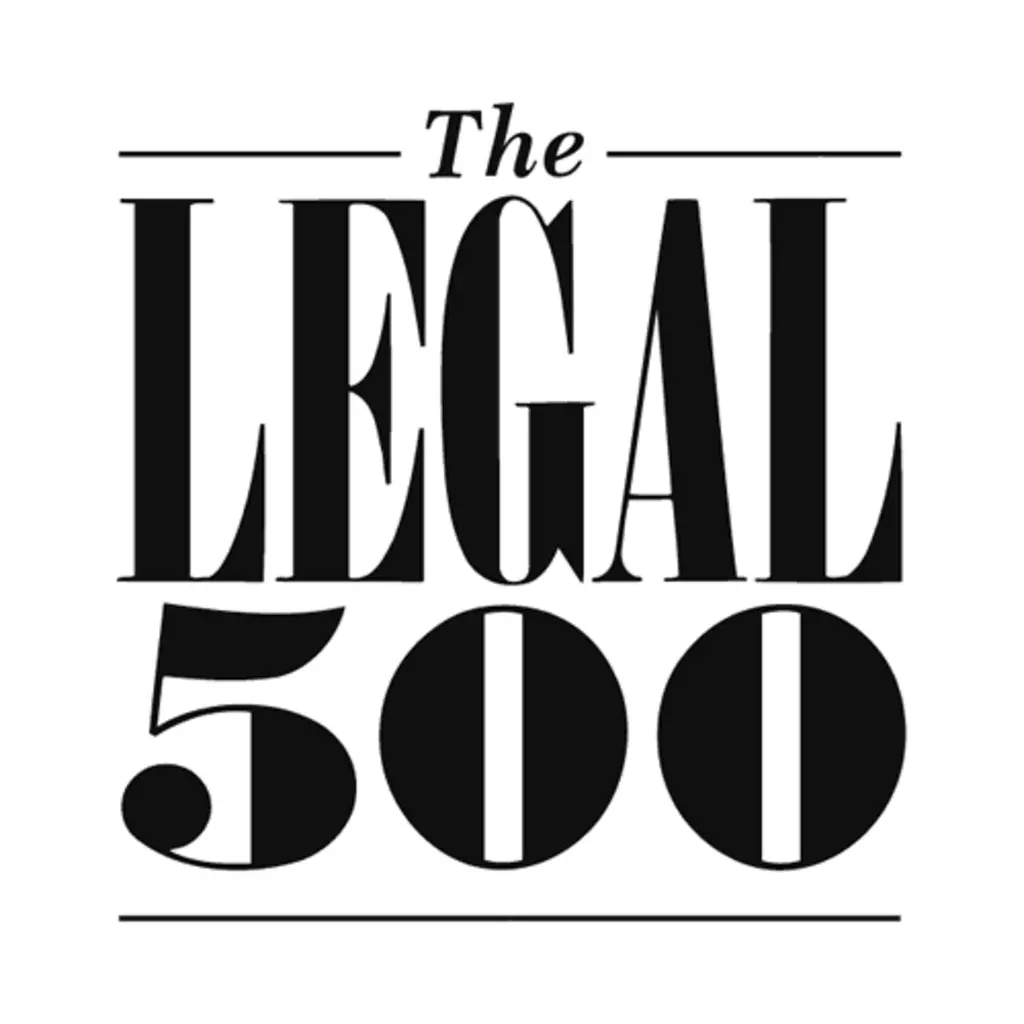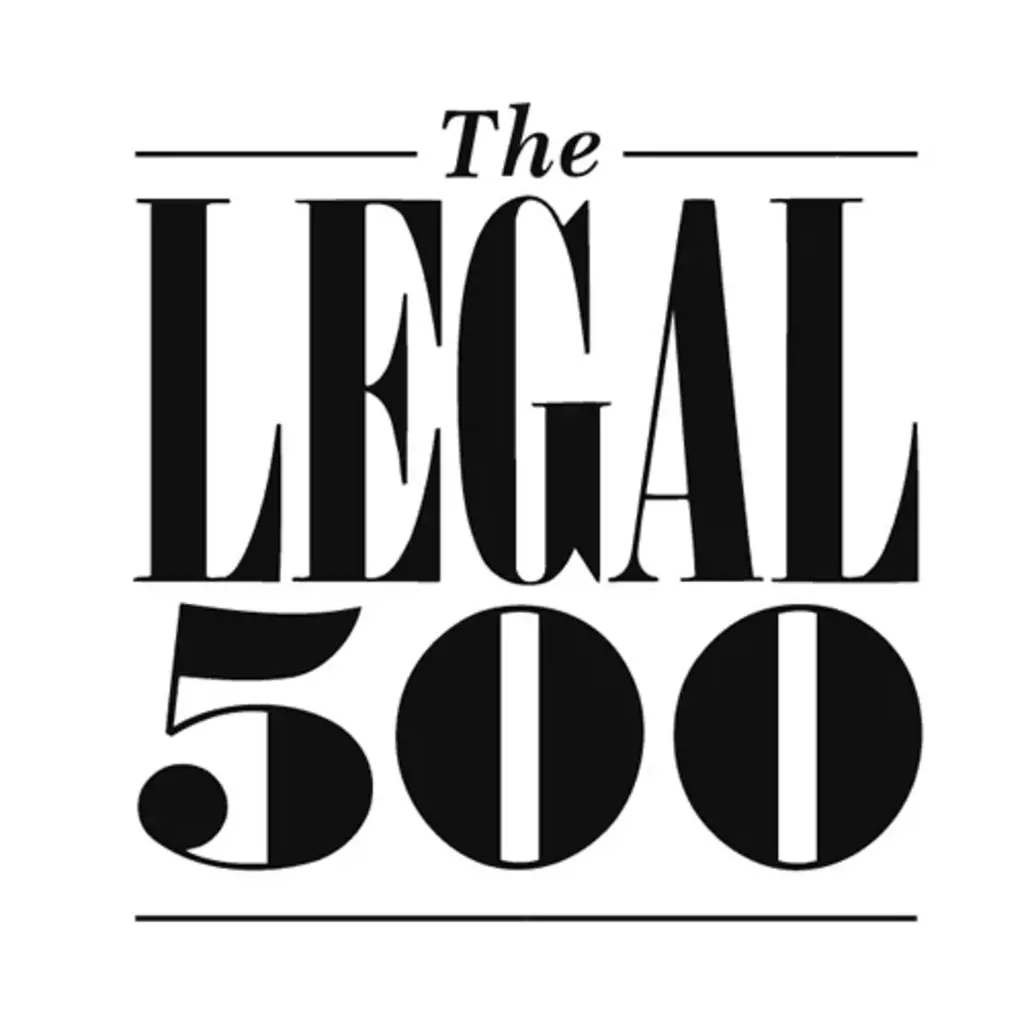KWR have a very impressive grasp of and experience in this field. Complex relationships are understood after a short amount of time, ambiguities are critically questioned and solutions are sought
Diese Website verwendet Cookies
Damit wir Ihnen während des Aufenthaltes auf unserer Website das bestmögliche Erlebnis bieten können, verwenden wir verschiedene Arten von Cookies. Bitte wählen Sie aus, welche Arten von Cookies Sie zulassen möchten und klicken Sie dann auf "Zustimmen". Mit dem Klick auf "Allen zustimmen" erklären Sie sich mit der Verwendung sämtlicher Cookies einverstanden. Ihre Einwilligung können Sie jederzeit mit Wirkung für die Zukunft widerrufen, indem Sie Ihre Einstellungen ändern. Mehr zum Thema Cookies finden Sie unter: Cookie-Policy. Weitere Informationen zum Thema Datenschutz finden Sie unter: Datenschutz.







